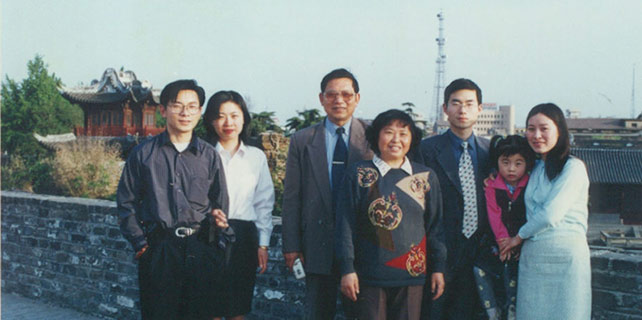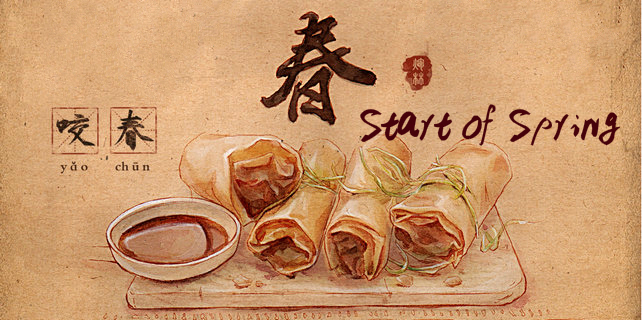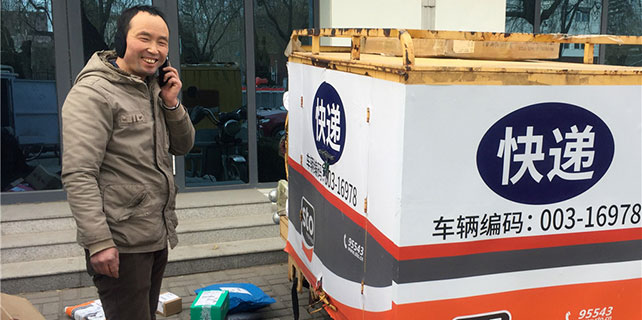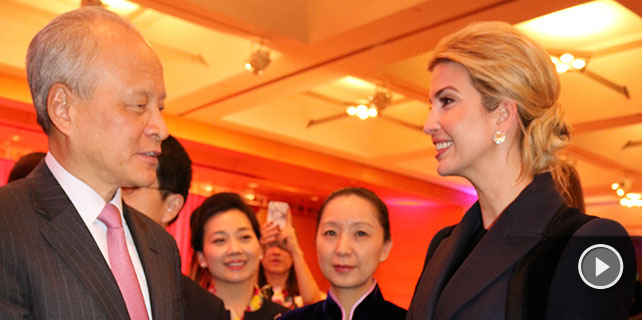Diversity the key to success
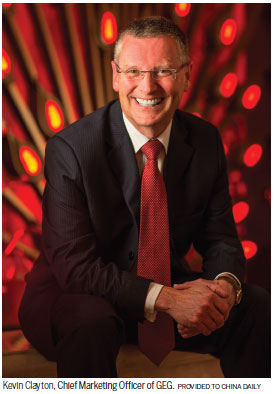
Despite the headwinds created by the global economic cooldown, the hotels under Hong Kong-listed Galaxy Entertainment Group (GEG) in Macao have nevertheless remained packed with tourists, and one of the reasons for this is the wide range of leisure offerings by the group.
According to Kevin Clayton, the Chief Marketing Officer of GEG, product diversity has always been a key element in the company's approach to product development and customer retention. This is evidenced by how GEG - it is one of the main casino operators in the region - has in the past few years spent more than HK$43 billion ($5.5 billion) to expand its facilities and develop non-gaming offerings such as music performances, food courts and luxury shopping malls to meet fast-changing consumer demands.
As part of efforts to expand its offerings to the masses, the group opened Broadway Macau in May 2015. Positioned as a family-friendly, mass-market focused establishment instead of high-roller wonderland, Broadway Macau stands out from the competition because of its wide selection of entertainment and hawker-style food stalls that pay homage to the traditional Macao street markets.
Besides Broadway Macau, GEG also operates Galaxy Macau and StarWorld Macau, an award-winning five-star hotel.
GEG, one of the largest Asian integrated resorts company in the world, can also be considered a market leader in Macao, accounting for more than 15 percent of the region's overall tourism market share, according to research by Founders Securities.
"I've been very honored and privileged to have done my part in opening three new resorts in Macao as these opportunities don't come around too often in other markets," said Clayton, a veteran in the hospitality sector with over 31 years of corporate and consulting experience.
"Also, over the past decade, the increasing focus on mass customer acquisition and retention has seen a lot of hard work go into our products like the Sands Rewards Club and Galaxy Privilege Club, which have been well-received."
The group's strategy to diversify its offerings mirrors Macao's current transition from a place that used to be all about casinos into one that has embraced entertainment and mass consumption, much like its American counterpart Las Vegas. According to the research by Nomura Securities, the percentage of the Macao's tourism income that comes from restaurants, retailers and ticket sales of shows and parks has been increasing over the years.
"Las Vegas has been selling its non-gaming facilities and experiences for many years, and Macao is in its infancy. While its historical reputation was gaming-centric, it could be argued that Macao already has products and services that many tourists desire," said Clayton.
He noted that Macao's diversity of restaurants that cover all price points and cuisines, the wide selection of world-class hotels, the growing numbers of premium entertainment and resort attractions, as well as the presence of major luxury brands are all proof of the city's efforts to engage tourists.
According to Clayton, the vibrant dining scene is one of the key reasons why people are flocking to visit and live in the city. GEG's properties in Macao host more than 120 restaurants, including 23 that are listed in the Michelin Guide Hong Kong Macau 2017.
"I may be a little bias here but where else can you access the very best Chinese, Japanese, Thai and broader Asian cuisines at all price points? The growth of boutique coffee shops in Macao is also particularly pleasing, and they have been increasing in sophistication and product quality," said Clayton.
"People can have great coffee in a casual dining environment at Cha Bei in Galaxy Macau, while the Broadway Macau food street offers alfresco dining and beer places. If you are looking to have that special dining occasion, then in my opinion look no further than the two-star Michelin restaurant Feng Wei Ju in StarWorld on the peninsula," he said.
One of the key reasons behind GEG's success in Macao, said Clayton, is not simply focusing on gaining more market share, but being eager to listen to customers and quickly evolve to deliver new-age products and services.
"Macao is within close proximity of one of the largest outbound and domestic tourism markets in the world, with competition increasing from Asia Pacific and international destinations in Europe, the US and South America. The challenges faced here are increasing awareness, relevancy and access across a burgeoning tourist market," said Clayton.
"As consumers become more sophisticated and therefore more discerning, competition for share of time and wallet will increase. Macao and each of the integrated resorts must remain fresh, attractive and renowned for delivering the very best service."
wuyiyao@chinadaily.com.cn





